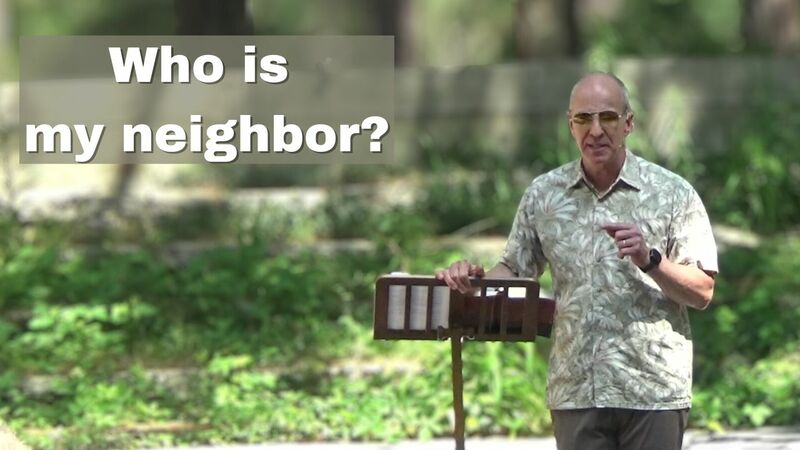
In this exploration of the Parable of the Samaritan who was a neighbor, we're challenged to reexamine our understanding of what it truly means to 'love our neighbor.' Jesus' story doesn't just teach us about kindness; it radically expands our concept of who our neighbor is. The parable dismantles our tendency to set boundaries on love and forces us to confront our own prejudices. We're reminded that our identity as followers of Christ is fundamentally shaped by how we respond to those in need, regardless of their background or circumstances. This message invites us to move beyond comfortable interpretations and see the parable as a call to action in our daily lives, whether it's in our approach to social issues, political debates, or personal encounters. It challenges us to filter our thoughts and actions through the lens of Christ-like love, pushing us to not just feel compassion, but to actively demonstrate it, even when it's uncomfortable or costly.
How does Jesus' use of the Samaritan as the hero of the story challenge our preconceptions about who we consider to be our 'neighbors'?
In what ways might we be like the priest and Levite who 'pass by on the other side' in our daily lives, and how can we cultivate more awareness and compassion?
How does the parable of the Good Samaritan inform our approach to complex social issues like healthcare access, immigration, and international conflicts?
What are some practical ways we can 'go and do likewise' in our own contexts, balancing our limited resources with the call to love our neighbors?
How does the story's emphasis on action ('go and do') challenge our understanding of what it means to truly love our neighbors?
In what ways does this parable illustrate the connection between loving God and loving our neighbors?
How might viewing ourselves as the injured person in the story, with Jesus as the Good Samaritan, reshape our understanding of grace and our call to extend it to others?
What role does wisdom play in discerning how to apply the principles of this parable in complex real-world situations?
How does the parable challenge us to reconsider our definitions of who is 'deserving' of our help and compassion?
In what ways does this story call us to move beyond just having good opinions about our neighbors to taking concrete action on their behalf?

.png)